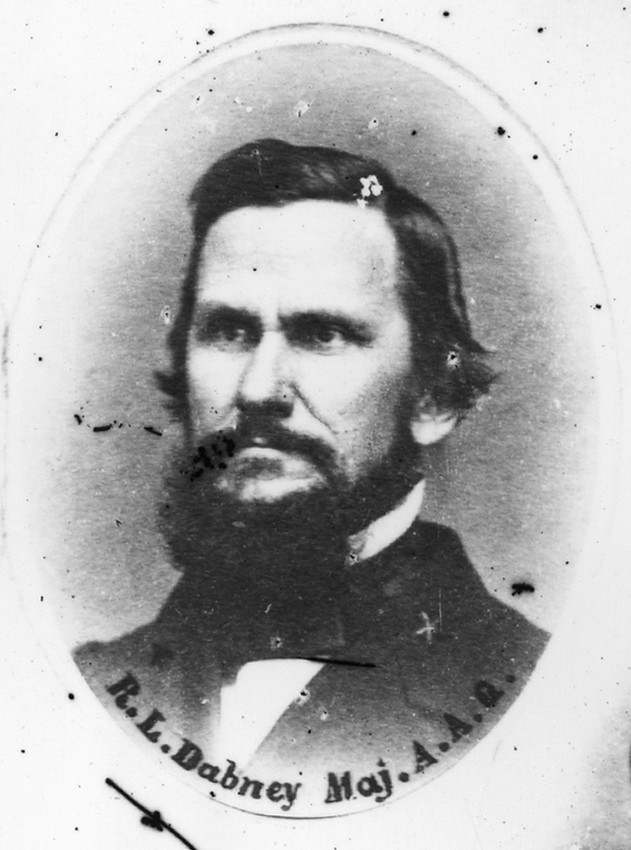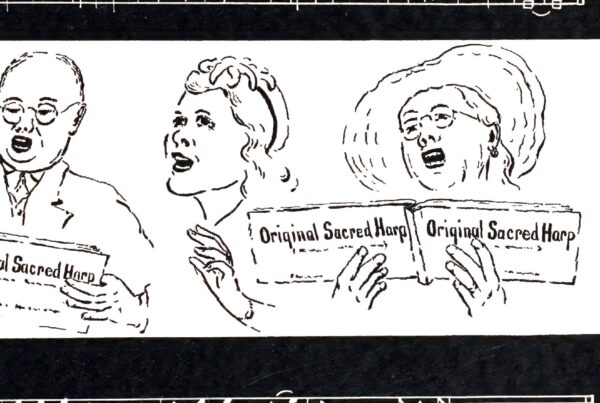“The very axioms of American politics now are, that “all men are by nature equal,” that all are inalienably “entitled to liberty and the pursuit of happiness,” and that “the only just foundation of government is in the consent of the governed.” There was a sense in which our fathers propounded these statements; but it is not the one in which they are now held by Americans. Our recent doctors of political science have retained these formularies of words as convenient masks under which to circulate a set of totally different, and, indeed, antagonistic notions; and they have succeeded perfectly. The new meanings of which the “Whigs” of 1776 never dreamed are now the current ones. Those wise statesmen meant to teach that all men are morally equal in the sense of the Golden Rule: that while individual traits, rights, and duties vary widely in the different orders of political society, these different rights all have some moral basis; that the inferior has the same moral title (that of a common humanity and common relation to a benignant Heavenly Father) to have his rights—the rights of an inferior—duly respected, which the superior has to claim that his very different rights shall be respected.
The modern version is that there are no superiors or inferiors in society; that there is a mechanical equality; that all have specifically all the same rights; and that any other constitution is against natural justice. Next: when our wise fathers said that liberty is an inalienable, natural right, they meant by each one’s liberty the privilege to do such things as he, with his particular relations, ought to have a moral title to do; the particular things having righteous, natural limitations in every case, and much narrower limits in some cases than in others.
Radical America now means by natural liberty each one’s privilege to do what he chooses to do. By the consent of the governed our forefathers meant each Sovereign Commonwealth’s consenting to the constitution under which it should be governed: they meant that it was unjust for Britain to govern America without America’s consent. Which part of the human beings living in a given American State should constitute the State potentially, the populus whose franchise it was to express the will of the commonwealth for all—that was in their eyes wholly another question, to be wisely decided in different States according to the structure which Providence had given them. By “the consent of the governed” it would appear that Radicalism means it is entirely just for Yankeedom to govern Virginia against Virginia’s consent, and that it is not just to govern any individual human being without letting him vote for his governors. The utter inconsistency of the two parts of this creed, is not ours to reconcile. It is certain that, both parts (consistent or not) are firmly held as the American creed. The version given to the maxim as to individual rights is universally this: that natural justice requires that suffrage shall be-coextensive with allegiance except where the right has been forfeited by some crime (such as that which the men of 1861 committed in presuming to act on the principles of the men of 1776). To these errors the American people are too deeply committed to evade any of their logical applications.”







